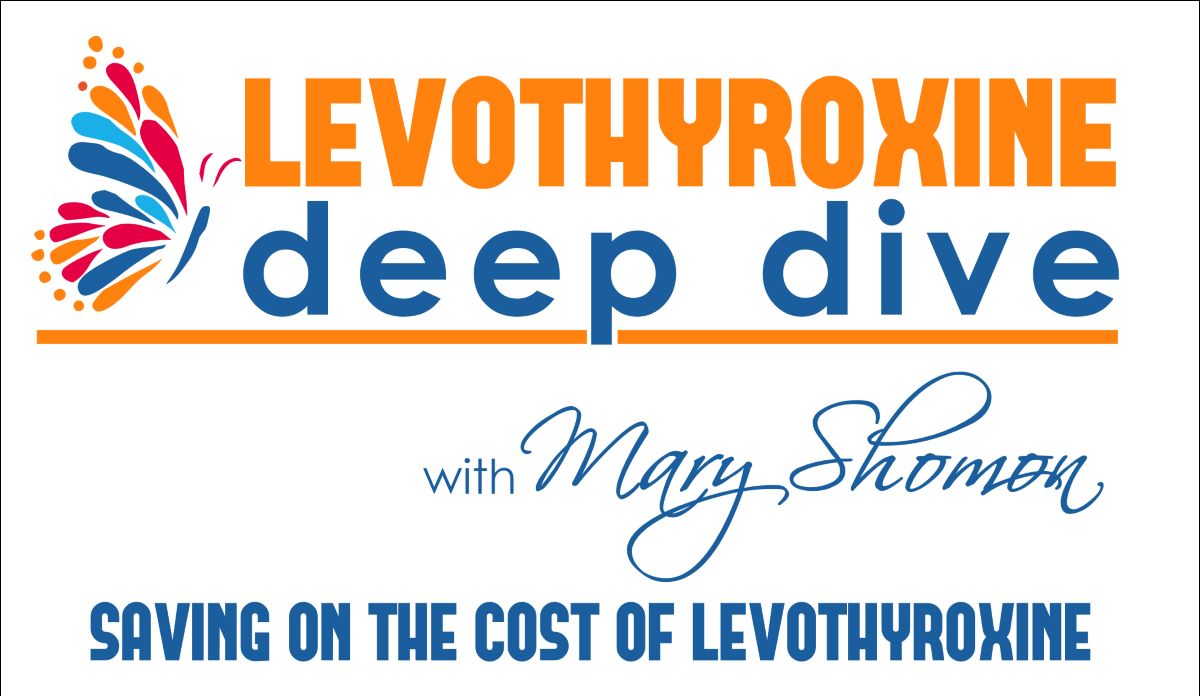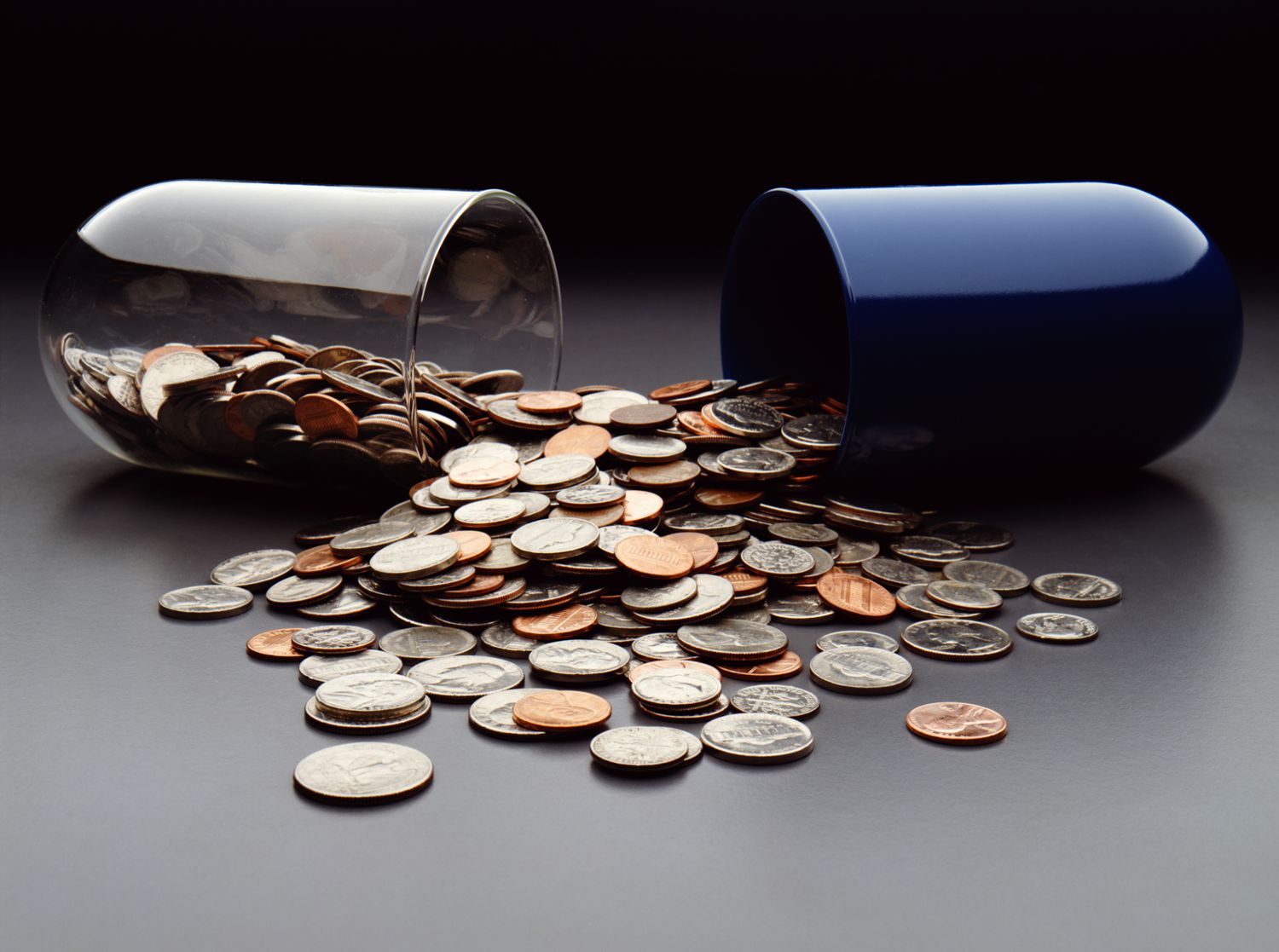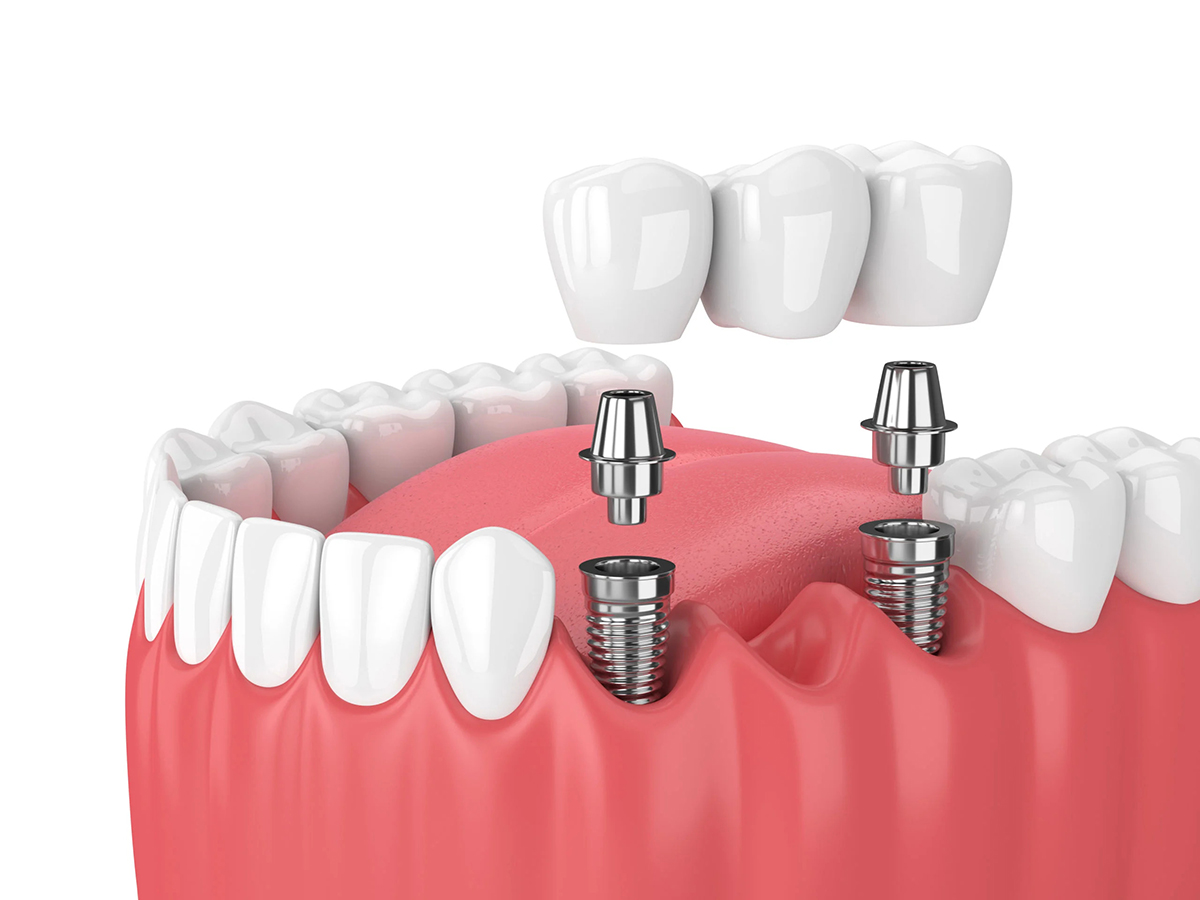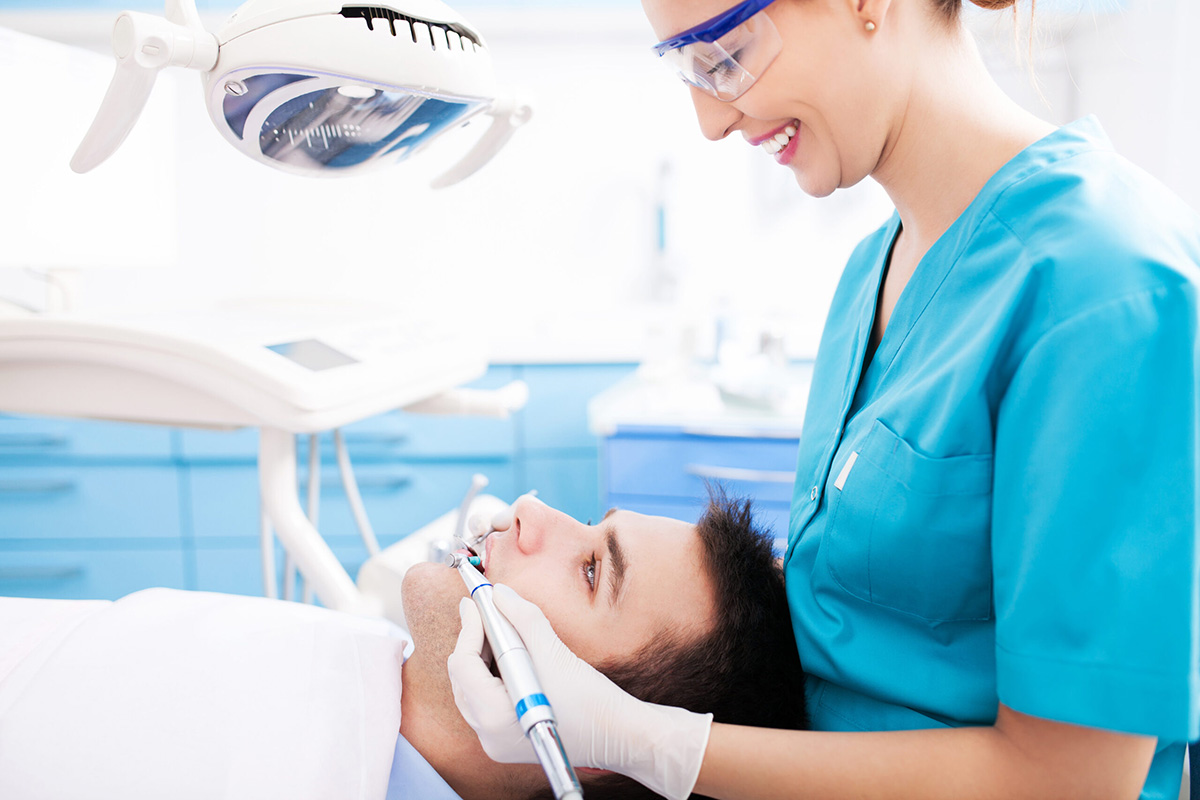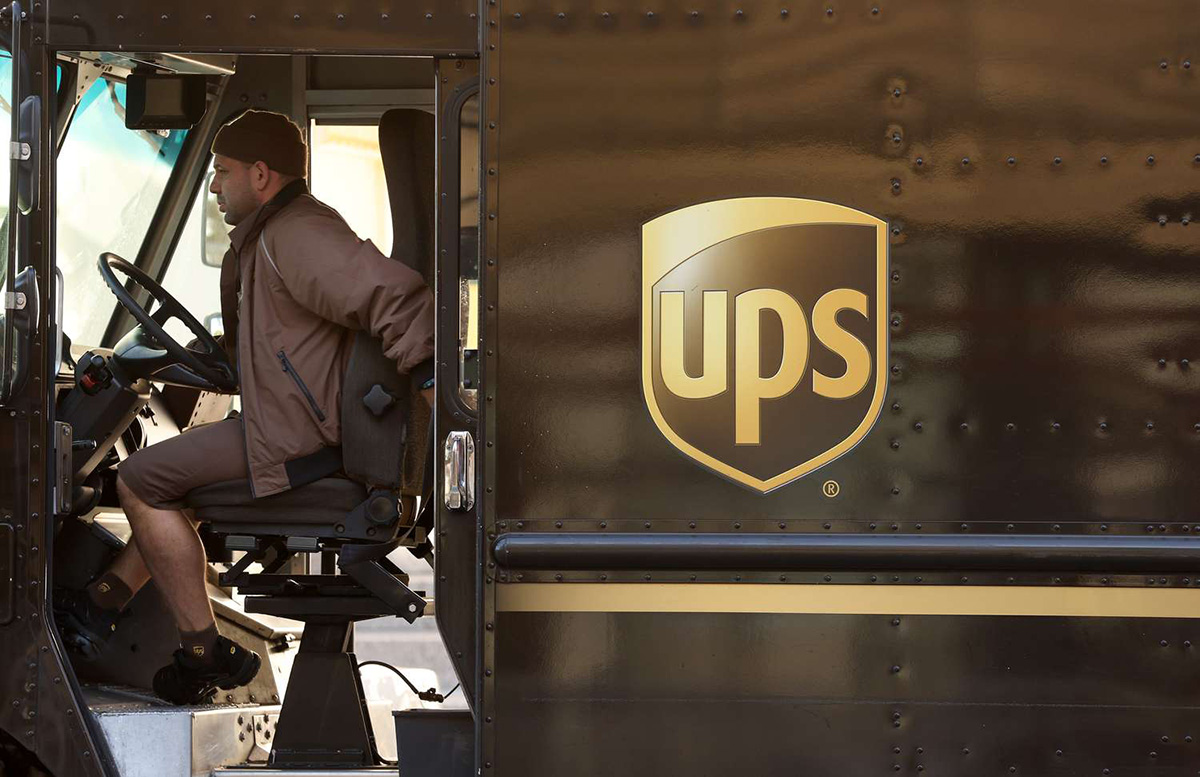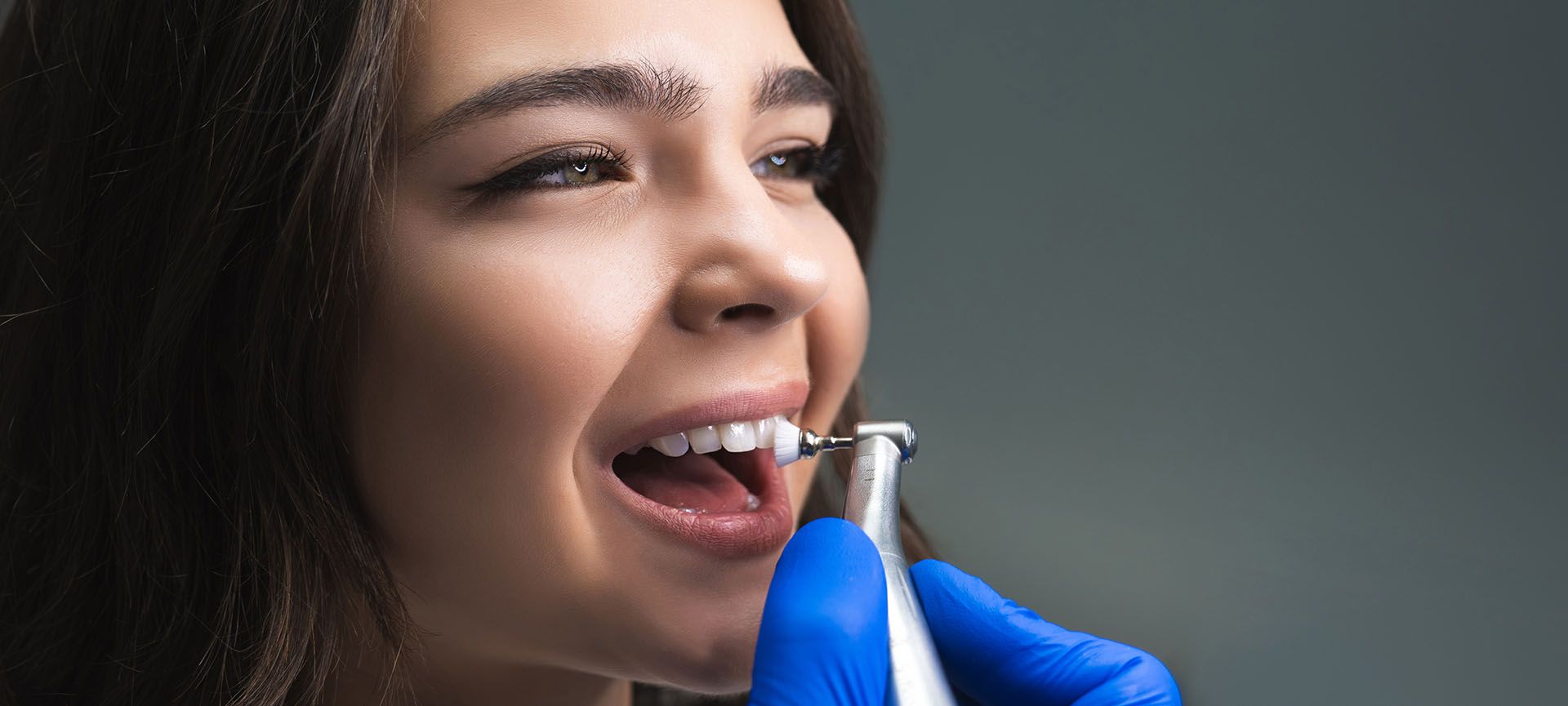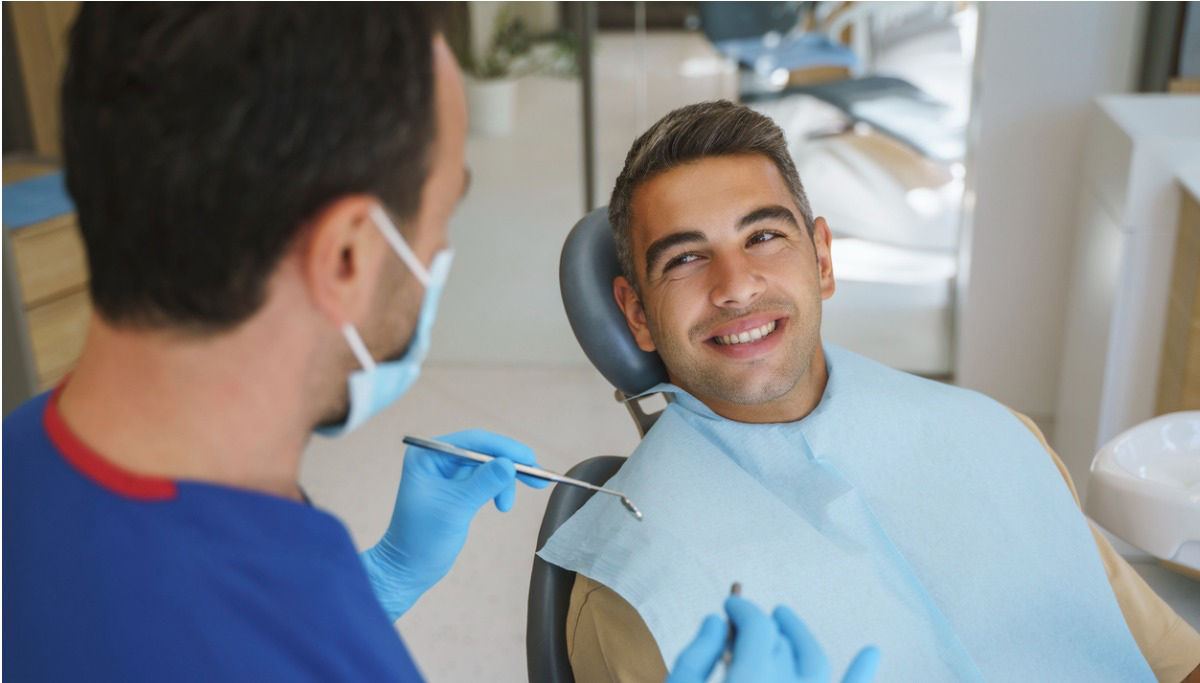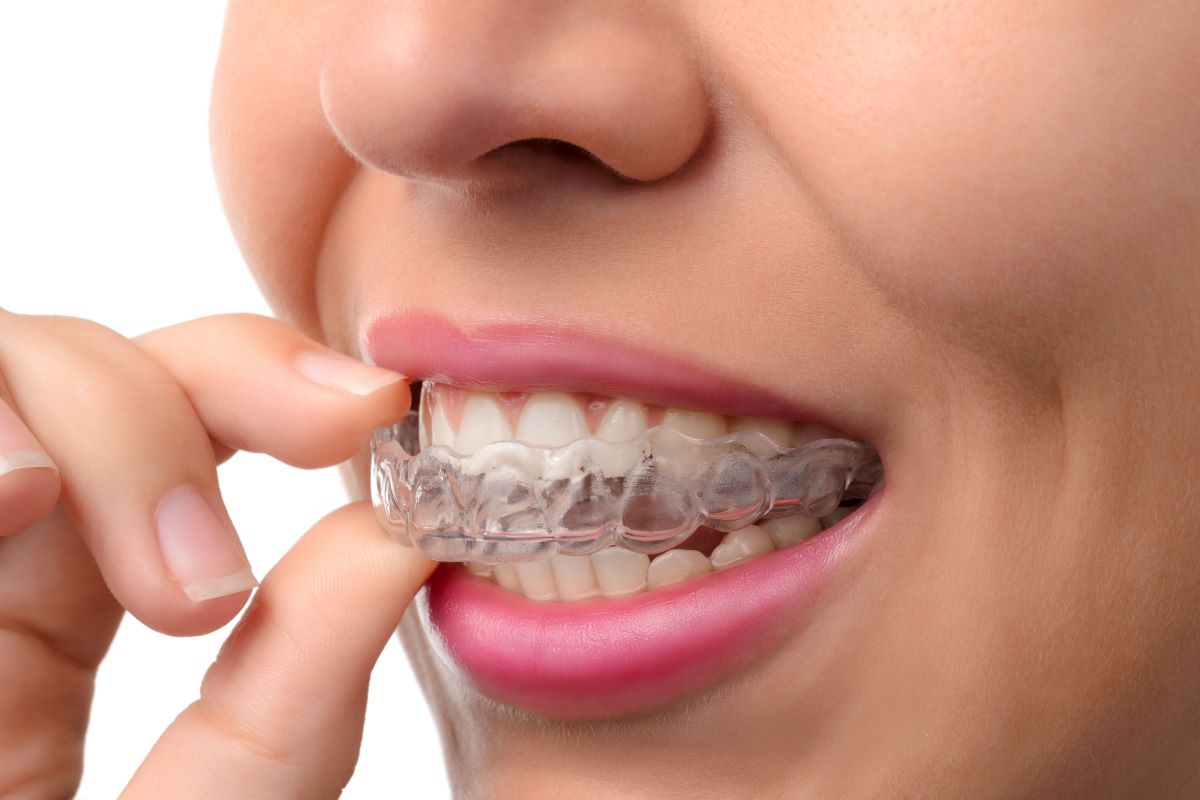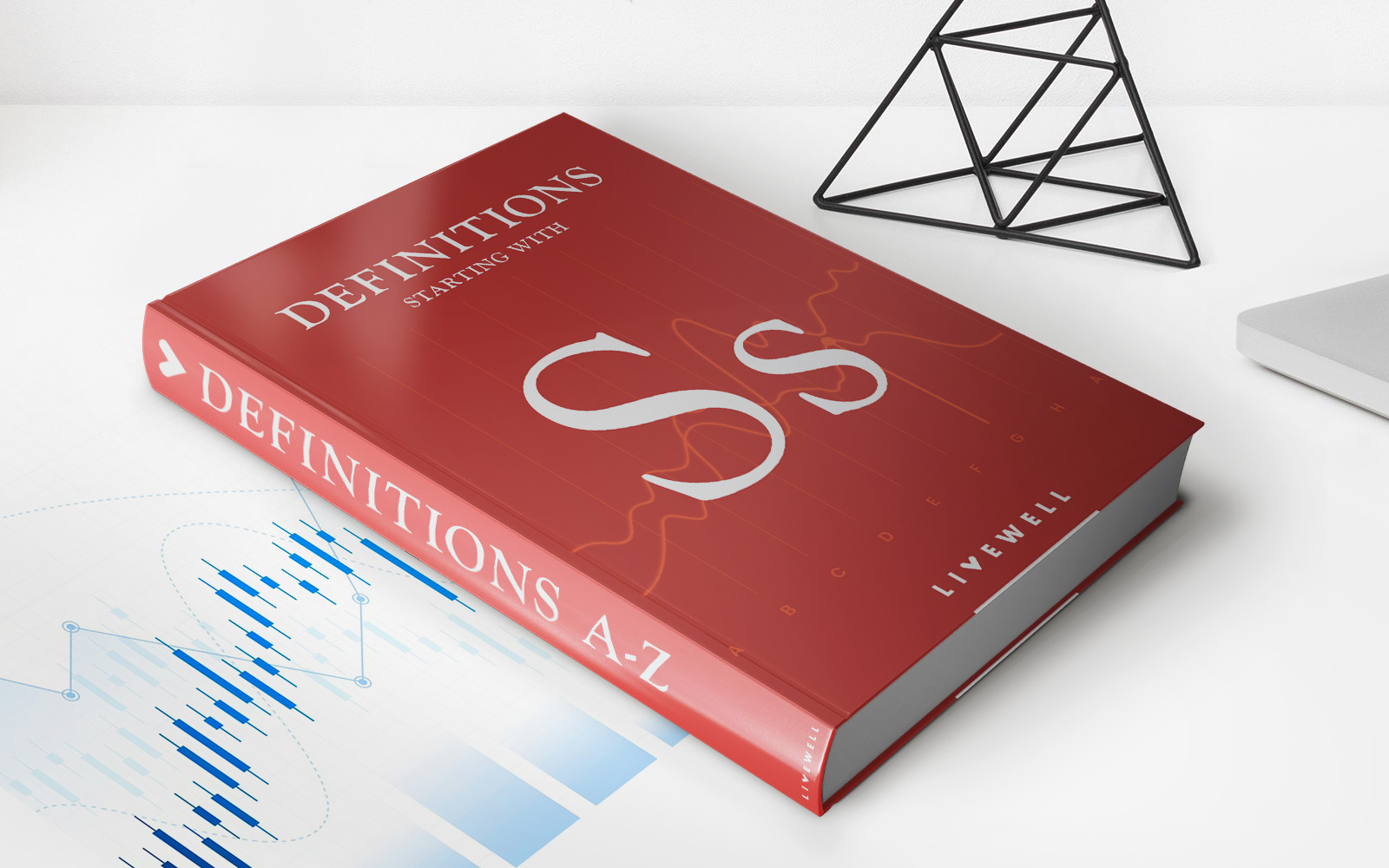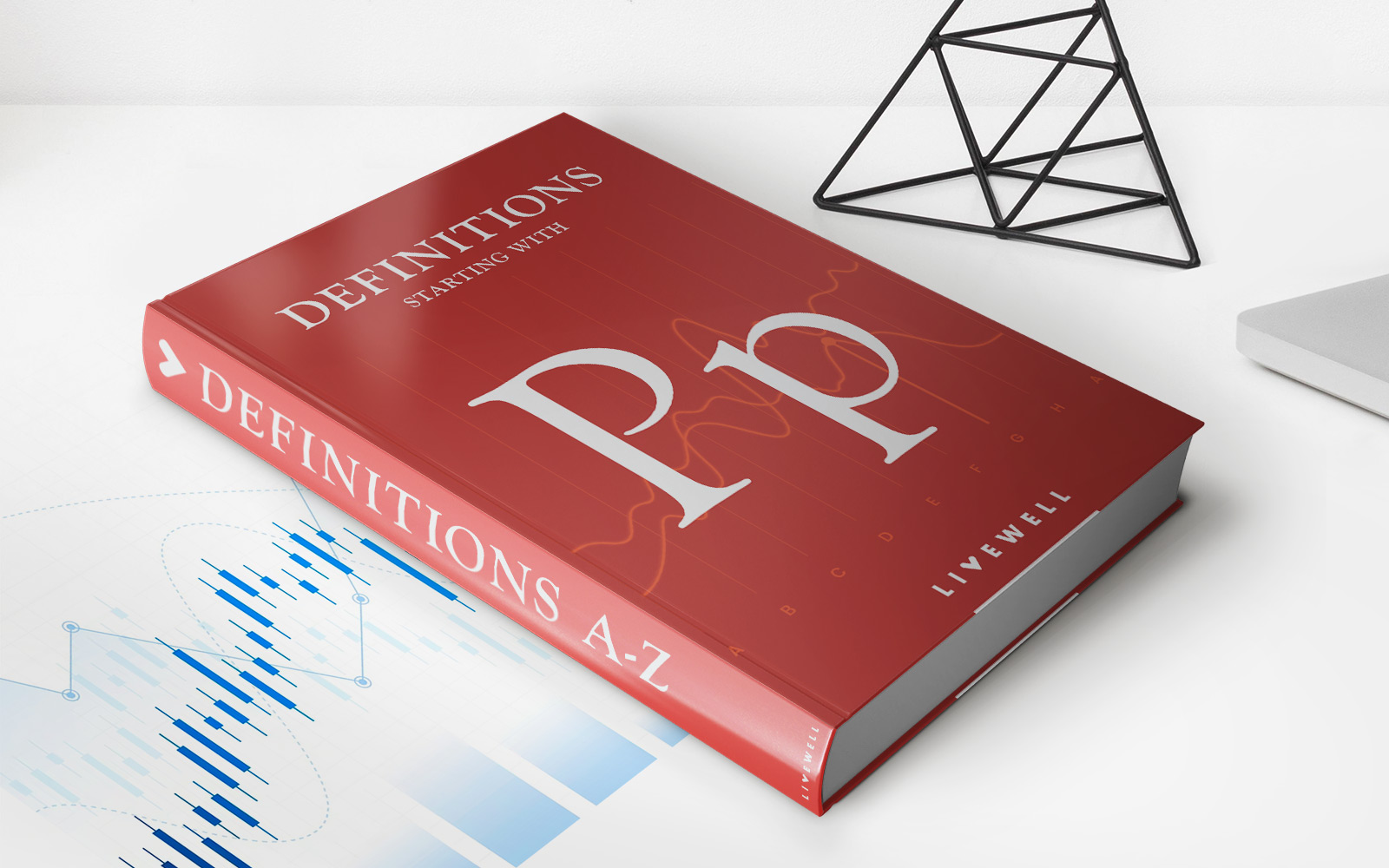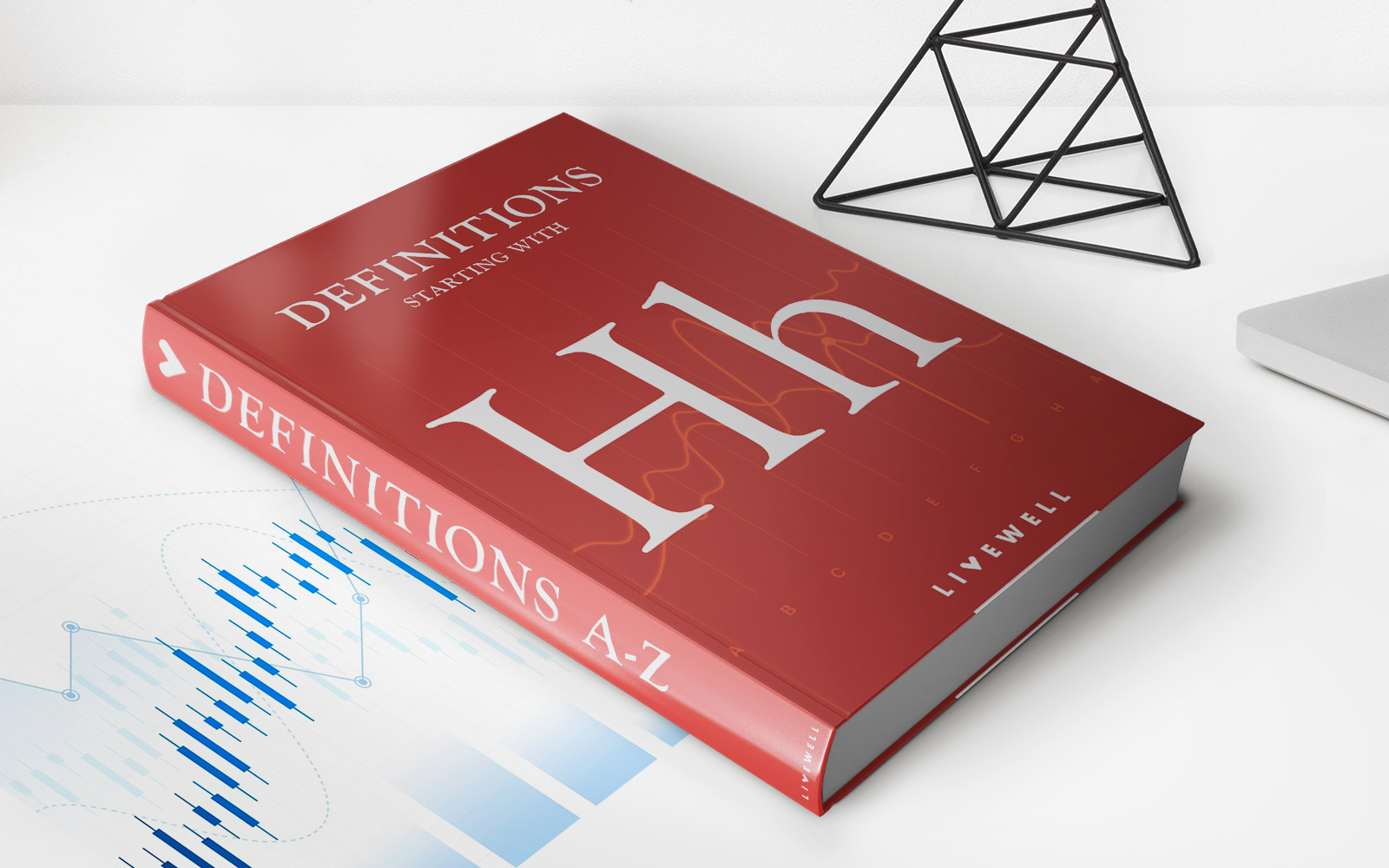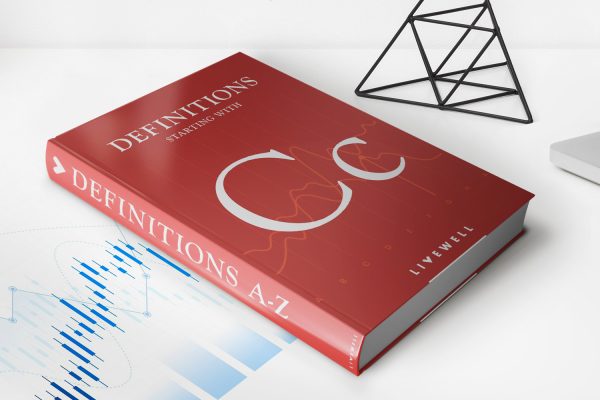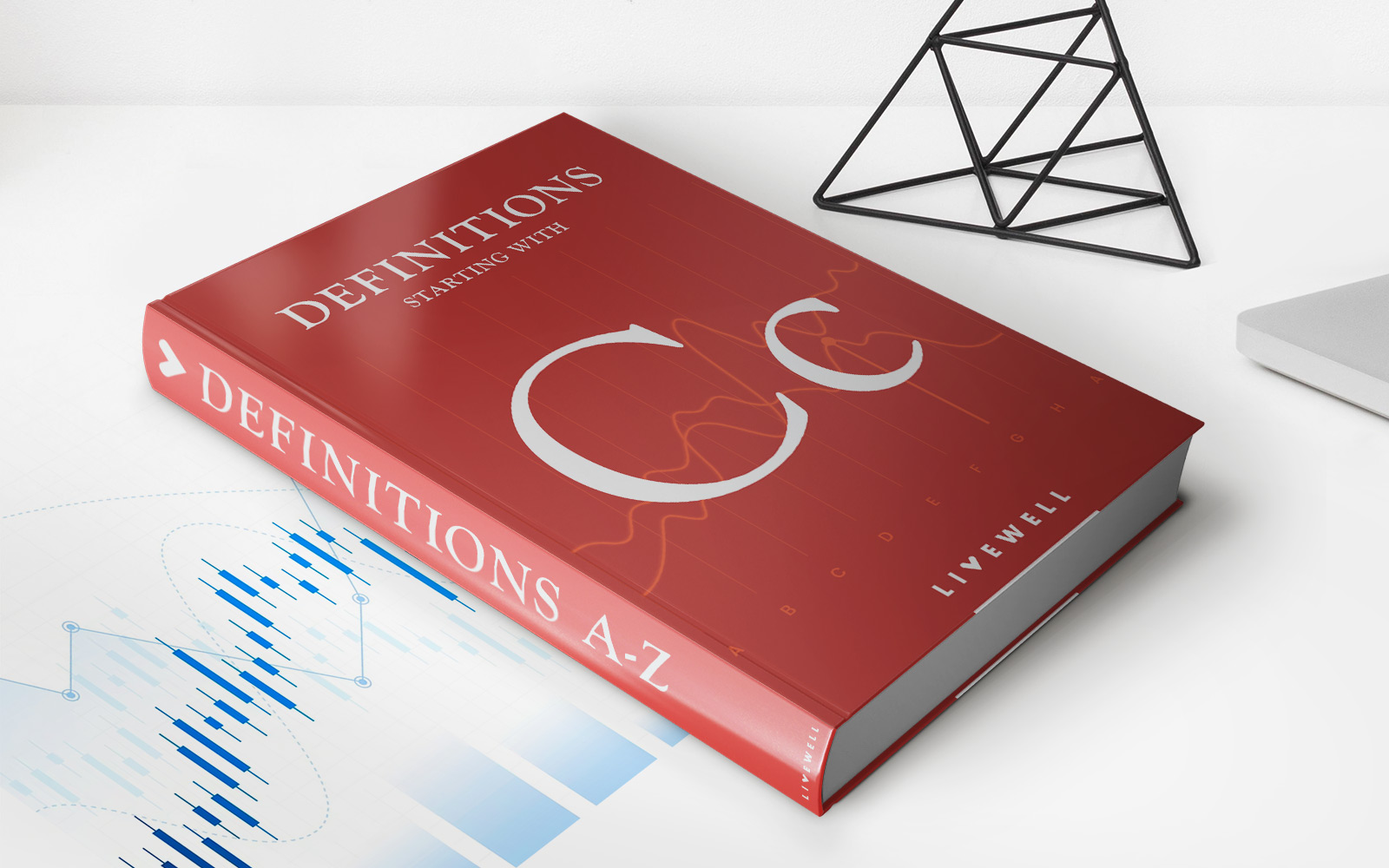Home>Finance>How Much Does A Dental Check-Up Cost Without Insurance?
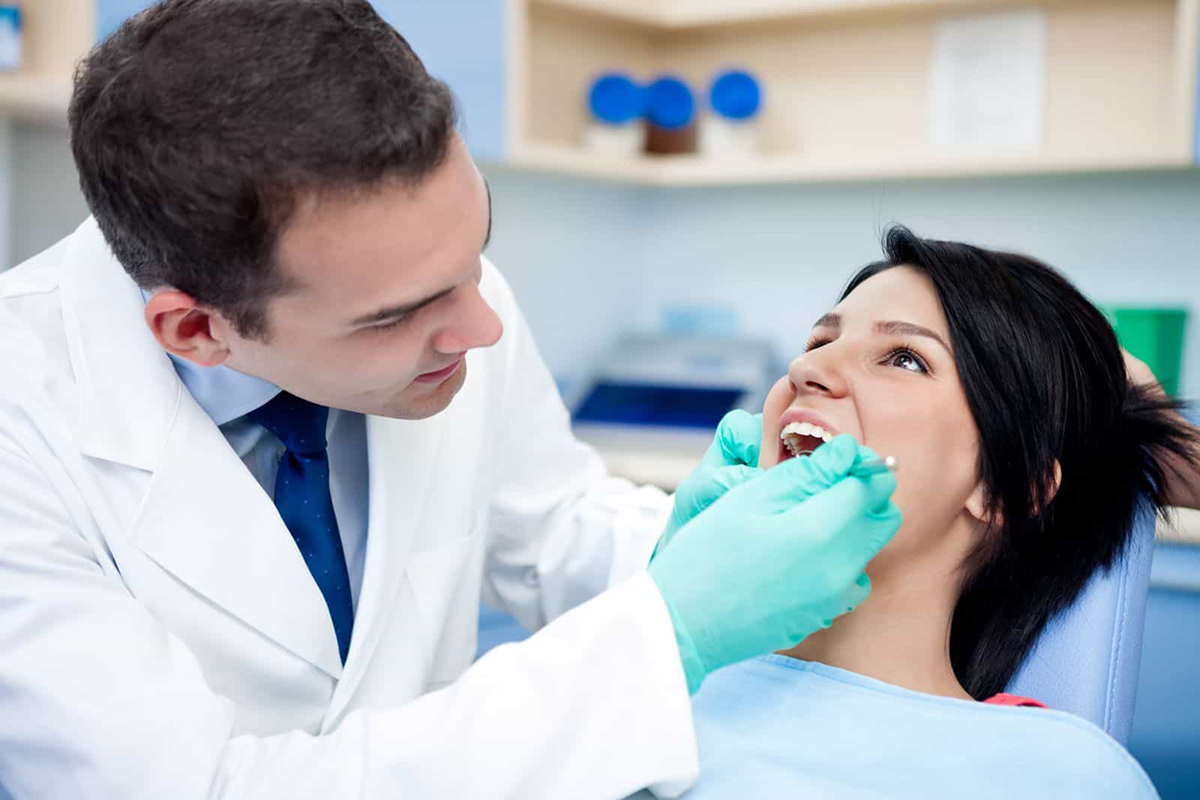

Finance
How Much Does A Dental Check-Up Cost Without Insurance?
Published: November 14, 2023
Looking to finance your dental check-up? Find out the cost without insurance and explore affordable options to keep your oral health in check.
(Many of the links in this article redirect to a specific reviewed product. Your purchase of these products through affiliate links helps to generate commission for LiveWell, at no extra cost. Learn more)
Table of Contents
Introduction
Regular dental check-ups are an essential part of maintaining good oral hygiene and overall health. However, for individuals without insurance coverage, the cost of these check-ups can be a cause for concern. Dental care expenses can quickly add up, making it challenging for those on a tight budget to prioritize their oral health.
In this article, we will explore the average cost of a dental check-up without insurance and discuss the factors that influence these costs. We will also provide tips for saving money on dental check-ups and explain the importance of investing in regular dental care.
While dental check-ups may seem like an expense that can be skipped, neglecting oral health can lead to more severe and costly dental problems in the future. These can range from cavities and gum disease to complex issues requiring root canals or tooth extractions. By understanding the costs involved and exploring options for affordable dental care, individuals without insurance can still prioritize their oral health without causing financial strain.
It’s important to note that the cost of a dental check-up without insurance can vary depending on a range of factors. These include geographical location, the specific dental clinic, and the services required. By gaining a better understanding of these factors, individuals can make informed decisions regarding their dental care and finances.
Importance of Dental Check-ups
Dental check-ups play a crucial role in maintaining optimal oral health. These routine visits to the dentist not only help detect and prevent various dental problems but also contribute to overall well-being. Here are a few reasons why regular dental check-ups are essential:
- Early Detection of Dental Issues: During a dental check-up, a dentist will thoroughly examine your teeth, gums, and mouth for signs of dental problems such as cavities, gum disease, oral cancer, and more. Early detection allows for timely intervention and treatment, preventing further damage or complications.
- Prevention of Dental Diseases: Professional dental cleanings, typically conducted during check-ups, help remove plaque and tartar buildup, which can lead to tooth decay and gum disease if left untreated. Additionally, dentists may provide fluoride treatments or sealants to protect teeth from decay.
- Oral Hygiene Education: Dental check-ups provide an opportunity to learn proper oral hygiene techniques, including brushing, flossing, and tongue cleaning. Dentists can address any concerns or queries regarding oral care, ensuring you have the knowledge and tools necessary to maintain a healthy mouth at home.
- Identification of Overall Health Issues: The mouth is considered a gateway to the body, and several systemic diseases can manifest symptoms in the oral cavity. During a check-up, dentists may identify signs of conditions like diabetes, vitamin deficiencies, hormonal imbalances, and even heart disease, leading to early diagnosis and appropriate referrals.
- Promotion of Better Aesthetic Appeal: Dental check-ups allow dentists to address cosmetic concerns, such as tooth discoloration, misalignment, or irregularities. Through treatments like teeth whitening, orthodontics, or cosmetic bonding, they can help improve the appearance of your smile, enhancing your self-confidence and overall quality of life.
Regular dental check-ups are not just about addressing immediate dental issues but also about taking a proactive approach to maintain oral health and prevent future problems. By investing in these check-ups, individuals can enjoy the benefits of a healthy smile, improved overall well-being, and potentially avoid costly dental treatments down the line.
Factors Affecting the Cost of a Dental Check-up without Insurance
The cost of a dental check-up without insurance can vary based on several factors. Understanding these factors can help individuals anticipate and estimate the potential expenses involved. Here are the key factors that influence the cost of a dental check-up:
- Geographical Location: Dental costs can vary significantly depending on the region and city you reside in. For example, dental services in urban areas or affluent neighborhoods often have higher fees compared to rural or less economically developed areas.
- Dental Clinic Reputation and Expertise: Well-established dental clinics with experienced dentists and modern facilities tend to charge higher fees. Practices known for specialized services and exceptional quality of care may have higher overhead costs, impacting the overall price of a check-up.
- Services and Treatments Required: The specific services and treatments needed during a dental check-up can influence the cost. Services typically included in a check-up, such as a thorough examination, dental cleaning, and X-rays, have their respective fees. Additional treatments like fluoride application or sealants may incur extra charges.
- Diagnostic Tests and X-Rays: If specific diagnostic tests or extensive X-rays are required to assess dental conditions, they can add to the overall cost of the check-up. These tests may involve additional equipment and time from the dental staff.
- Additional Factors: Other factors that can affect the cost include the complexity of the dental case, the need for specialized consultations, the materials used (e.g., silver amalgam fillings versus tooth-colored composite fillings), and any emergency or out-of-hours treatments.
It’s essential to communicate with the dental clinic and discuss the services included in a check-up, as well as their associated costs. This helps you make informed decisions and plan accordingly for any out-of-pocket expenses. Keep in mind that prices can vary significantly between dental providers, so it’s worth shopping around or seeking recommendations to find an affordable yet reputable dental clinic.
Average Cost of a Dental Check-up without Insurance
The average cost of a dental check-up without insurance can vary depending on the factors mentioned earlier. While specific prices may differ from one dental clinic to another, we can provide a general estimate of the typical costs involved:
A basic dental check-up without insurance usually includes a comprehensive examination, dental cleaning, and X-rays. On average, you can expect to pay between $100 and $300 for this type of check-up.
The examination portion of the check-up involves a dentist assessing your oral health, checking for cavities, gum disease, and other dental issues. This examination can cost anywhere from $50 to $150.
Dental cleaning, also known as prophylaxis, is the process of removing plaque, calculus (tartar), and stains from the teeth. The cost of a routine dental cleaning can range from $75 to $200.
X-rays are essential for a thorough evaluation of your dental health and can detect any problems that are not visible to the naked eye. The cost of dental X-rays can vary depending on the number and type of X-rays required, ranging from $25 to $200.
It’s important to note that the above prices are general estimates, and actual costs may differ based on your location and individual circumstances. Additionally, if any additional treatments or procedures are necessary during the check-up, such as fluoride application or sealants, they will come with additional costs.
When considering the cost of a dental check-up without insurance, it is important to factor in the long-term savings that regular check-ups can provide. By addressing dental issues early on, you may potentially avoid more expensive treatments in the future.
It’s always a good idea to reach out to dental clinics in your area and inquire about their prices for check-up services. Some clinics may also offer discounts or payment plans for patients without insurance coverage. This can help make dental care more affordable and accessible for those without insurance.
Additional Costs to Consider
When estimating the cost of a dental check-up without insurance, it’s important to consider additional expenses that may arise during the appointment. These costs can vary depending on individual circumstances and specific dental needs. Here are some common additional costs to consider:
- Treatment for Dental Issues: If any dental problems are identified during the check-up, such as cavities or gum disease, the necessary treatments will incur additional costs. These treatments may include fillings, root canals, extractions, or periodontal therapy. The cost of these procedures can vary depending on the complexity and severity of the dental issue.
- Specialized Consultations: In some cases, a dentist may recommend a specialized consultation with an orthodontist, periodontist, or oral surgeon. These consultations often come with their own fees, as they involve the expertise of a specialist.
- Dental Appliances or Restorations: If you require dental appliances or restorations, such as crowns, bridges, or dentures, these will entail additional costs. The price of these appliances can vary depending on the materials used, the complexity of the case, and the skill of the dental laboratory technician.
- Sedation or Anesthesia: For individuals with dental anxiety or undergoing more extensive procedures, sedation or anesthesia may be necessary. These services come with their own fees, which can contribute to the overall cost of dental treatment.
- Follow-up Appointments: Depending on the nature of the dental issue, follow-up appointments may be required for monitoring or additional treatments. These subsequent visits can add to the overall cost of dental care.
It’s essential to have open communication with your dentist and their team regarding any potential additional costs. They can provide you with a treatment plan that outlines the recommended procedures, associated fees, and any potential payment options available.
Remember that while dental care can be expensive, investing in preventive measures and regular check-ups can help minimize the need for costly treatments in the future. Consider exploring dental savings plans, community clinics, or dental schools that may offer more affordable options for individuals without insurance coverage.
By being proactive in addressing dental issues and seeking out affordable dental care options, you can prioritize your oral health and manage the associated costs more effectively.
Tips for Saving Money on Dental Check-ups without Insurance
For individuals without insurance coverage, dental check-ups can be costly. However, there are several strategies you can employ to help save money on your dental care. Consider the following tips:
- Shop Around for Affordable Clinics: Research and compare prices between different dental clinics in your area. Look for clinics that offer competitive rates for check-up services or provide discounts for patients without insurance.
- Consider Dental Savings Plans: Dental savings plans are an alternative to traditional insurance. These plans offer discounts on dental services and can help reduce the overall cost of check-ups and treatments. Research and compare different dental savings plans to find one that suits your needs.
- Look for Community Dental Clinics: Community dental clinics or dental schools often provide dental services at lower costs. These clinics may offer reduced fees for check-ups and treatments, as they are often operated by dental students under the supervision of experienced professionals.
- Ask About Payment Plans: Inquire with your dental clinic about flexible payment plans or financing options. Many clinics offer monthly payment plans that allow you to spread out the cost of your check-up over time.
- Maintain Good Oral Hygiene: Practicing good oral hygiene habits can help prevent dental issues and reduce the need for expensive treatments. Brush and floss your teeth regularly, use fluoride toothpaste, and rinse with mouthwash to keep your mouth healthy between check-ups.
- Focus on Preventive Care: Investing in preventive dental care, such as regular check-ups and cleanings, can help catch dental problems early on and prevent more costly treatments down the line. By addressing small issues before they become major problems, you can save money in the long run.
- Ask for a Treatment Plan: Before undergoing any dental procedures, ask your dentist to provide a comprehensive treatment plan. This plan should outline the recommended treatments, associated costs, and potential alternatives. This will allow you to have a clear understanding of the expenses involved and explore any cost-saving options.
- Consider Dental Tourism: Dental tourism involves traveling to another country to get dental treatment at a lower cost. This option requires careful research and consideration, ensuring that you choose a reputable dental clinic abroad. However, it can be a cost-effective solution for those who are willing to travel.
- Maintain Regular Check-ups: By consistently attending check-ups and practicing preventive care, you can catch dental issues early and potentially avoid more extensive and expensive treatments in the future.
Remember, while it’s important to save money on dental check-ups, it’s equally crucial to prioritize your oral health. Regular check-ups play a vital role in maintaining good oral hygiene and preventing more complex dental problems. By incorporating these money-saving tips into your dental care routine, you can strike a balance between affordability and oral health.
Conclusion
While the cost of dental check-ups without insurance can be a concern for many individuals, it is crucial to prioritize oral health and seek ways to make dental care more affordable. Regular dental check-ups play a pivotal role in maintaining good oral hygiene, detecting early signs of dental problems, and preventing costly treatments down the line.
Factors such as geographical location, the reputation of the dental clinic, services required, additional treatments, and specialized consultations can influence the cost of a dental check-up. Understanding these factors can help individuals estimate and plan for the expenses involved.
However, there are several strategies to save money on dental check-ups without insurance. Researching and comparing prices between dental clinics, considering dental savings plans, exploring community dental clinics, and asking about payment plans are effective ways to reduce costs. Additionally, maintaining good oral hygiene, focusing on preventive care, and asking for comprehensive treatment plans can help prevent more extensive and expensive dental procedures.
While saving money on dental check-ups is important, it is equally vital to prioritize oral health and seek regular check-ups. Investing in preventive dental care can help individuals detect and address dental issues early on, potentially saving them from more complex and costly treatments in the future.
By implementing these money-saving tips and being proactive about oral health, individuals without insurance coverage can still prioritize their dental care and enjoy the benefits of a healthy smile. Remember to consult with dental professionals, explore affordable options, and stay diligent in practicing good oral hygiene habits.
